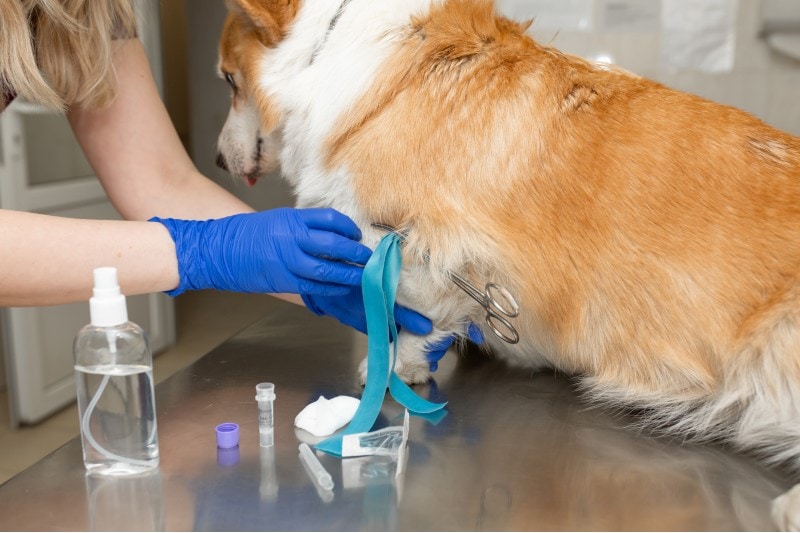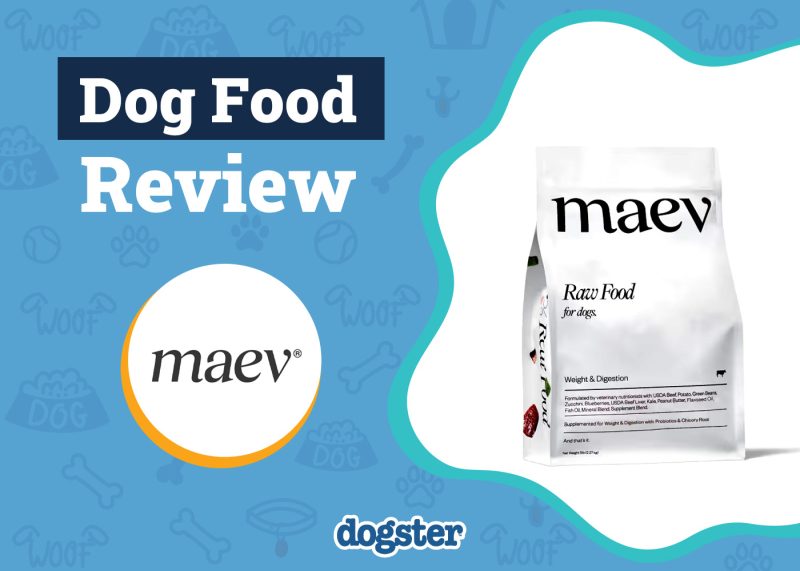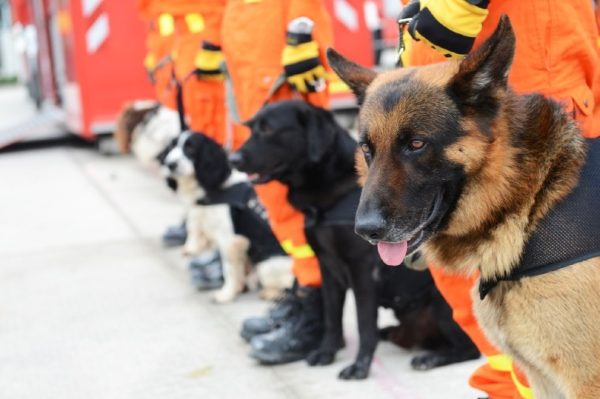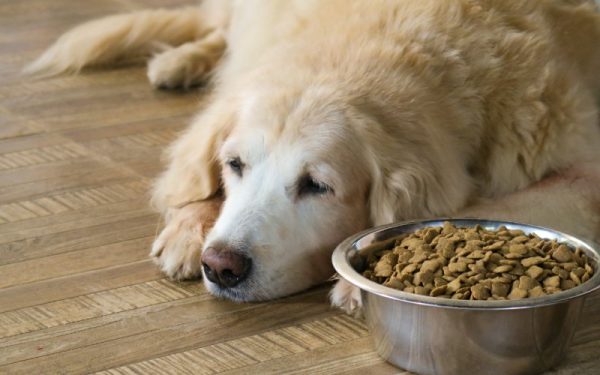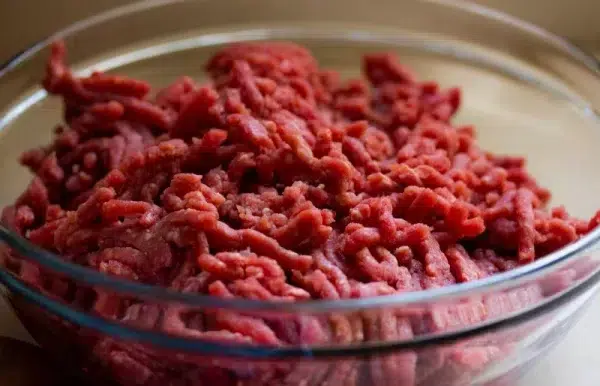In this article
Rabies is a deadly disease that affects the nervous system of mammals, including humans and dogs. The virus is found throughout the world in more than 150 countries and territories, and on all continents except for Antarctica. Fortunately, rabies is preventable by vaccination.
Although no vaccine is 100% effective, a vaccinated dog is unlikely to get rabies, especially if its vaccinations are kept up to date.1

What is Rabies?
A deadly viral disease, rabies is most often spread through the bite of an infected animal. Transmission can also occur if the saliva or nervous system tissue of an infected animal comes in contact with an open wound or the mucous membranes of another animal.
Once the virus enters the body, it travels to the brain via the nerves. Initially, the animal doesn’t show any symptoms despite being infected. Once the virus reaches the brain, it begins to replicate and pass into the salivary glands. It is at this point that the infected animal begins to show clinical symptoms. The time between an animal getting infected and the appearance of symptoms is known as the incubation period.
The incubation period for rabies in dogs is typically 2 weeks to 4 months, but it may be much shorter or longer depending on the site at which the virus enters the body, the amount of virus injected by the bite, and the severity of the bite.2
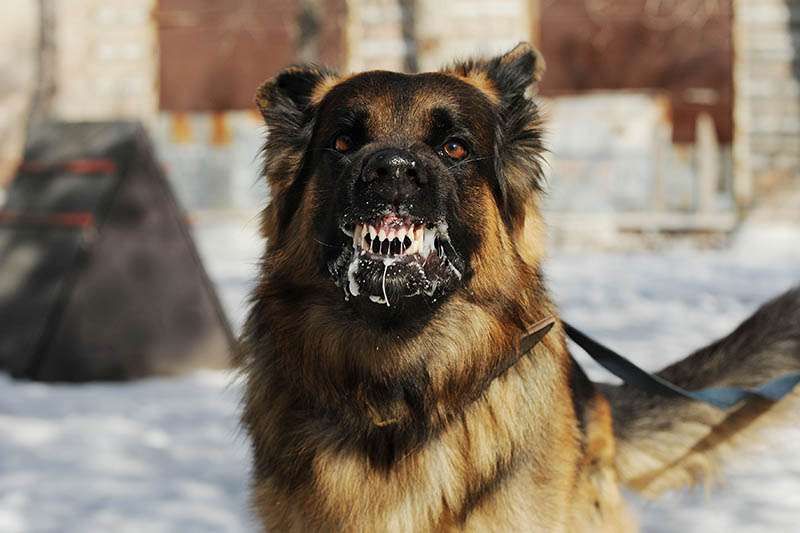
What Are the Symptoms of Rabies?
Once the virus reaches the brain, rabies progresses in phases. In the first phase of the disease, known as the prodromal phase, an infected dog undergoes a change in temperament. Dogs that are normally friendly may become shy, nervous, and may even nip. Aggressive dogs may become friendly and affectionate.
Following this phase, there are two recognized forms of the disease: furious and paralytic rabies.3
Dogs with furious rabies become aggressive, appear agitated, drool excessively, and may eat and chew stones, soil, and rubbish. Thereafter, paralysis sets in, the dog becomes unable to eat and drink, and eventually starts having seizures and dies.
The symptoms of paralytic rabies are more understated. Dogs with paralytic rabies typically develop a gradual paralysis of the limbs and difficulty swallowing. Ultimately, the dog becomes comatose and dies.
Once symptoms of the disease appear, rabies is fatal in over 99% of cases, making it one of the world’s most deadly diseases. Unfortunately, there currently is no treatment for rabies in dogs.
On a brighter note, rabies is almost completely preventable, thanks to the development of the rabies vaccine.
If you suspect your pet has rabies, you should contact your vet directly for an assessment. They can provide you with a care plan.
If you need to speak with a vet but can't get to one, head over to PangoVet. It's our online service where you can talk to a vet online and get the advice you need for your pet — all at an affordable price!

How Does the Rabies Vaccine Work?
Vaccines work by stimulating the immune system to produce antibodies, which fight infections and prevent illness. The rabies vaccine is an “inactivated vaccine”, which means that it contains a killed form of the virus and cannot cause disease.
The vaccine triggers the body’s immune system to produce antibodies against the rabies virus, as well as antibody-producing memory cells. If a dog is ever exposed to rabies naturally, its memory cells will pump out antibodies against the virus. This means that the immune system is able to respond immediately and protect the dog from developing rabies.
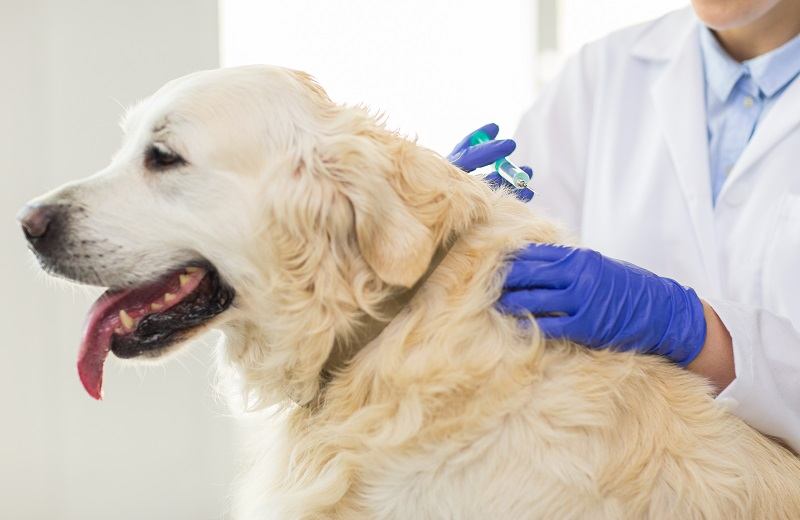
Why Should Dogs Be Vaccinated Against Rabies?
Not only will vaccinating your dog against rabies protect it from contracting this deadly disease, but more importantly, the vaccine acts as a barrier to protect you.
It is estimated that annually, rabies causes approximately 59,000 human deaths worldwide. Dog are the main source of rabies in humans, with dog bites accounting for up to 99% of all cases. This is because dogs live alongside humans and, in many parts of the world, are allowed to roam freely, increasing the chances that they’ll spread the disease.
Wild animals, such as bats, foxes, jackals, mongooses, and raccoons serve as reservoirs for the rabies virus. If an unvaccinated dog comes into direct contact with a rabid wild animal, it’s at risk of contracting rabies and spreading the disease to humans. Rabies in humans can, therefore, be largely prevented by vaccinating dogs.
When Should My Dog Be Vaccinated?
Rabies is considered a core vaccination in many countries and is required by law. The required rabies vaccination schedule for dogs varies by country and state. Puppies are usually vaccinated between 12–16 weeks of age, followed by a booster one year later.
Thereafter, your dog will need to be vaccinated every 1–3 years, depending on your country and state’s requirements and the type of vaccine used. Your veterinarian will be able to advise you on the appropriate rabies vaccination schedule for your dog.
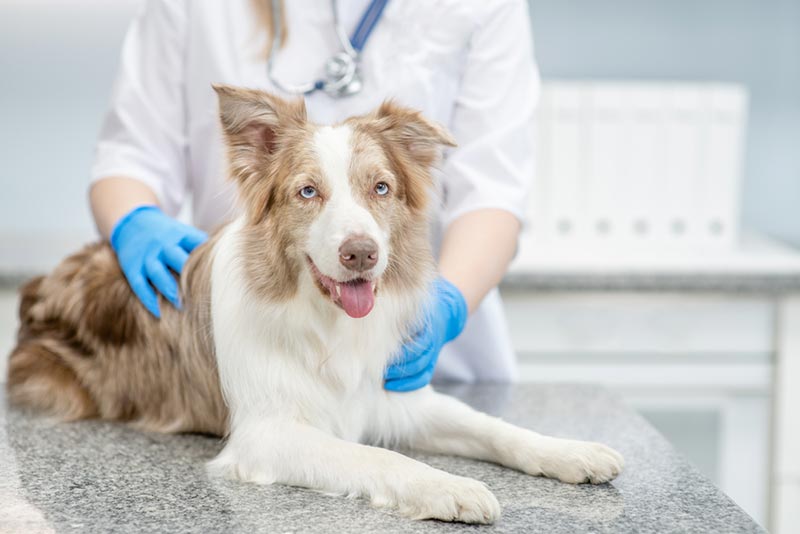

Conclusion
Rabies is a serious disease that is almost always fatal. Fortunately, rabies is preventable through vaccination. Although no vaccine is 100% effective, a vaccinated dog is unlikely to get rabies, especially if its vaccinations are kept up to date.
For dogs, the rabies vaccination is extremely safe and effective in protecting them from the deadly virus—which, in turn, protects you and your loved ones from the dangers of it as well.
See also:
Featured Image Credit: Try_my_best, Shutterstock
